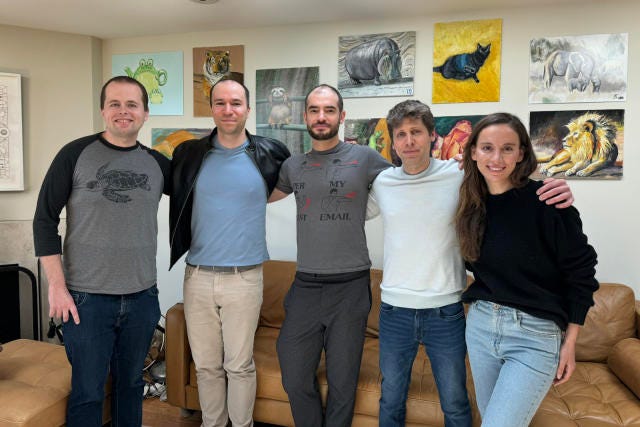Why OpenAI is forced to enter the search business
Or, how Google tricked OpenAI into doing it
In the midst of the buzz over the GPT-4o release and Google I/O, what’s not talked about enough is OpenAI’s intentions about entering the search market, and competing directly with Google.
This shift from “pursuit of AGI” to “commercialization of AI” surely occurred last year, and it may have contributed to the recent departures of key executives like Ilya Sutskever. It will also shape the future of GenAI - which will most likely be pervasive, multi-modal, and ad-supported.
So in this post, I’ll discuss why OpenAI is entering search, and argue that this decision was basically a forced hand ****due to Google and Meta sandwiching OpenAI from both consumer and enterprise fronts.


